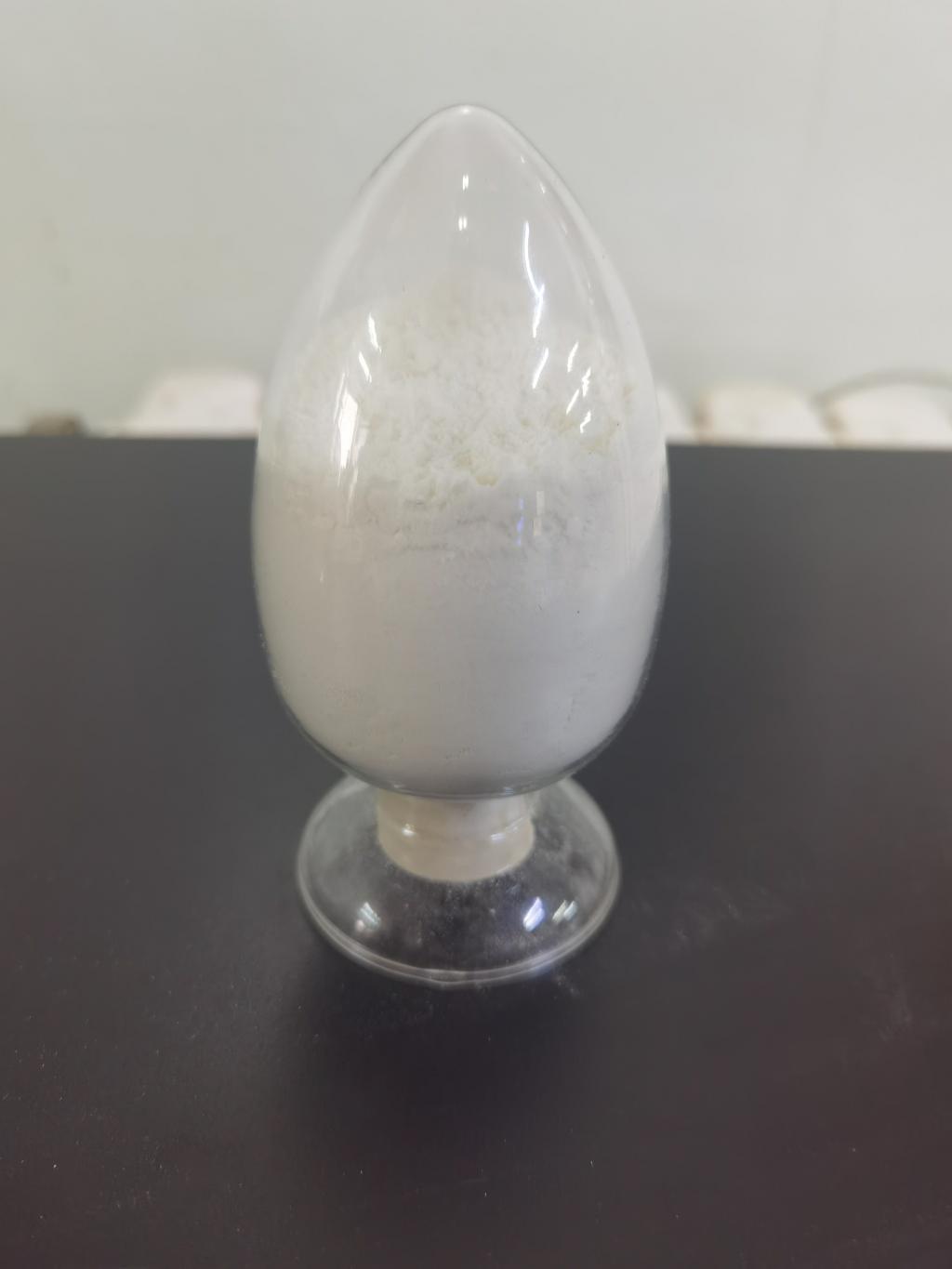Tel:+8618231198596

News
 CONTACT
CONTACT
 CONTACT
CONTACT
- Linkman:Linda Yao
- Tel: +8618231198596
- Email:linda.yao@dcpharma.cn
- Linkman:CHARLES.WANG
- Department:Overseas
- Tel: 0086 0311-85537378 0086 0311-85539701
News
Are there any labeling requirements for products containing ε-Polylysine hydrochloride?
TIME:2023-04-04
However, despite the approval of PL as a food preservative, there have been concerns about its safety and potential health risks. As a result, there are labeling requirements for products containing PL, which are designed to inform consumers about its presence and potential risks.
Labeling requirements for PL
In the United States, the FDA requires that any food product containing PL must be labeled as such. The label must include the name of the additive (ε-Polylysine), its function (preservative), and the amount of the additive used in the product. This information must be provided in the ingredient list or in a separate statement near the ingredient list.
The labeling requirements for PL in the European Union (EU) are similar to those in the United States. The EFSA requires that any food product containing PL must be labeled as such. The label must include the name of the additive (ε-Polylysine), its function (preservative), and the amount of the additive used in the product. This information must be provided in the ingredient list or in a separate statement near the ingredient list.
In Japan, the labeling requirements for PL are also similar to those in the United States and the EU. The Ministry of Health, Labour and Welfare requires that any food product containing PL must be labeled as such. The label must include the name of the additive (ε-Polylysine), its function (preservative), and the amount of the additive used in the product. This information must be provided in the ingredient list or in a separate statement near the ingredient list.
Potential health risks of PL
While PL has been approved as a food preservative, there have been concerns about its safety and potential health risks. Some studies have suggested that PL may have toxic effects on human cells, and may cause allergic reactions in some people.
However, other studies have suggested that PL is safe for human consumption, and that it does not pose any significant health risks. The EFSA has concluded that PL is safe for use as a food preservative, and that it does not pose any significant health risks to consumers.
Conclusion
In conclusion, there are labeling requirements for products containing ε-Polylysine hydrochloride, which are designed to inform consumers about its presence and potential risks. While there have been concerns about the safety of PL, regulatory agencies around the world have approved its use as a food preservative, and have concluded that it does not pose any significant health risks to consumers. As with any food additive, it is important for consumers to be aware of its presence in food products, and to use caution when consuming foods containing PL.
- Tel:+8618231198596
- Whatsapp:18231198596
- Chat With Skype







